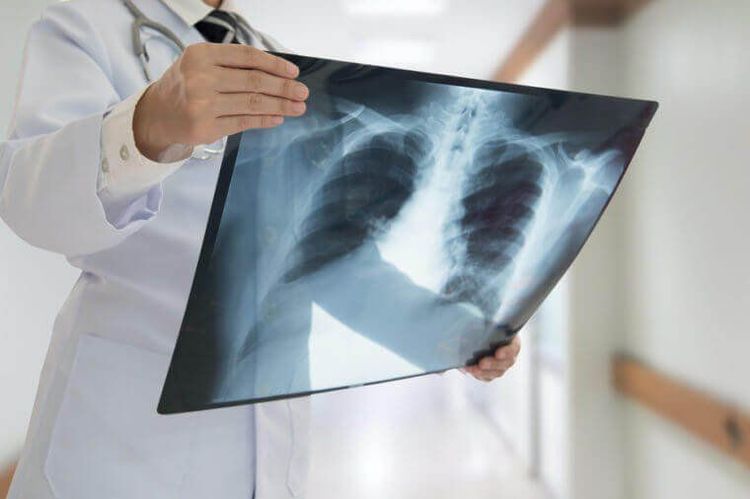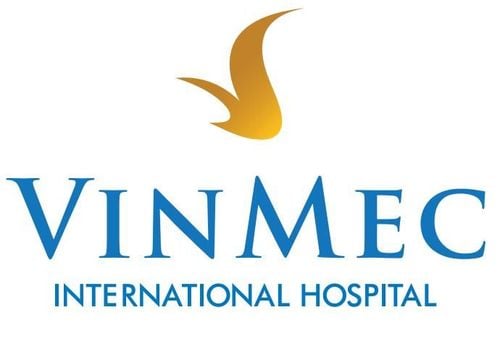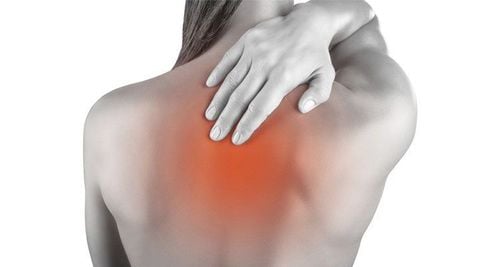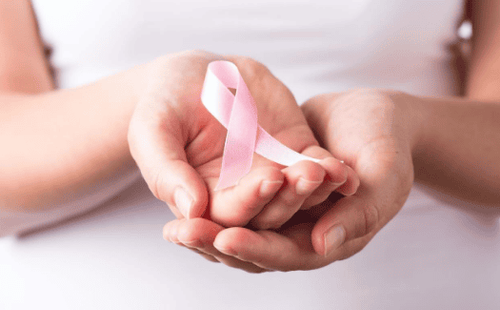This article was medically reviewed by Dr. Phan Đình Thủy Tiên, General Practitioner, Department of Internal Medicine and Outpatient Care, Vinmec Nha Trang International Hospital.
Many individuals wonder whether pulmonary calcification is dangerous. Pulmonary calcification is a quite common lung condition, especially in patients who smoke frequently. Equipping yourself with knowledge about this disease is highly practical.
1. What is Lung Calcification?
Lung calcification refers to the presence of calcified nodules in the lungs, which may appear round or elliptical in shape. This condition is difficult to detect due to its nonspecific symptoms. By the time it is discovered, the disease may already be in a severe stage.
The following groups are at higher risk of developing lung calcification:
- Individuals with chronic lung diseases such as tuberculosis, pneumonia, or bronchitis.
- Those who frequently work in environments with exposure to harmful industrial chemicals, such as asbestos.
- Individuals infected with viruses, bacteria, or fungi in the lungs, which cause lung scarring and provide conditions for calcium accumulation.
- People with excess vitamin D or elevated vitamin D levels, which can lead to calcium deposits in the lungs.

2. Is Lung Calcification Dangerous?
he symptoms of lung calcification are nonspecific, making it difficult to diagnose. Some signs indicate that lung calcification are similar to other lung diseases, such as:
- Shortness of breath or wheezing.
- Dry cough.
- Unexplained weight loss.
Calcified nodules in the lungs may be an early sign of lung cancer. However, to confirm whether the nodules are cancerous, patients need close monitoring and specific diagnostic tests. A CT scan to track the growth of the nodules can provide clarity. If the calcified nodules do not grow over a period of two years or even shrink, they are unlikely to be cancerous. Conversely, if a CT scan shows growth in the nodules, a biopsy may be recommended to confirm whether they are cancerous.
3. When Should You Contact a Doctor About Lung Calcification?
Many patients wonder whether lung calcification is dangerous. If you are concerned about calcified nodules in the lungs and have had a chest X-ray or CT scan, you should consult a doctor if you notice any of the following symptoms:
- Increased coughing or coughing up blood.
- Chest pain, fever, chills, and difficulty breathing.
- Significant weight loss (>4kg) without any clear reason.

4. Diagnosis and Treatment of Lung Calcification
Most cases of lung calcification are discovered incidentally during evaluations for other conditions. To diagnose the disease, doctors typically use chest X-rays and/or computed tomography (CT) scans. CT scan results show calcified nodules as round or elliptical hazy white spots. To determine the cause and choose an appropriate treatment, additional diagnostic tests may be required.
To date, there is no specific treatment to remove calcified nodules in the lungs, as the accumulation of calcium is irreversible, and lung function cannot be fully restored. Thus, treatment primarily focuses on alleviating symptoms and preventing complications. If the calcified nodules are found to be cancerous, early detection and treatment can significantly improve outcomes. Treatment options may include surgery or radiation therapy.
To support treatment, patients, especially smokers, should quit smoking to reduce the risk of lung cancer development. Timely diagnosis and management of pulmonary calcification are essential for achieving better treatment results.
Please dial HOTLINE for more information or register for an appointment HERE. Download MyVinmec app to make appointments faster and to manage your bookings easily.













